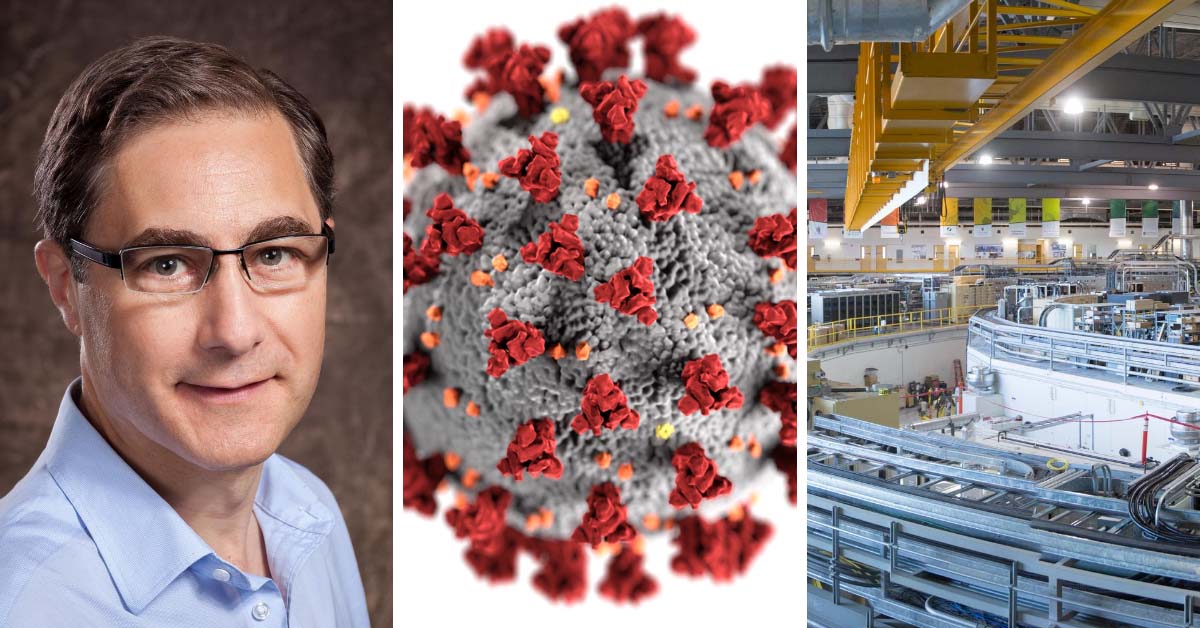
Analyzing antibodies
Researchers from the University of Toronto have developed antibodies that can neutralize COVID-19.
By Victoria SchrammResearchers have developed antibodies that can neutralize COVID-19. Our bodies can create antibodies to fight viruses once we are exposed, but the same antibodies can also be created in the lab. In a collaborative effort, a team led by Dr. James Rini at the University of Toronto has developed synthetic antibodies that could be used to protect frontline health workers, or as therapeutics for patients struggling to fight the virus.
Their team is going to use our CMCF beamline to see in detail how the antibodies work against the coronavirus, information that could lead to improved antibody therapeutics and guide vaccine design. “When we see the X-ray crystal structure of the antibody in complex with the receptor binding domain of the virus, this could help us to refine and improve those antibodies,” Rini said. “The structure will also give us an idea of how we might select a key fragment of the virus to be used as a vaccine.”
For years, Rini and his colleagues have been sending samples to our synchrotron for analysis. “They enable us to do cutting-edge work,” he said. “We get tremendous support and it’s a top-notch facility.” He is keen to use the CLS to help contribute to the global fight against the pandemic. “We are working on something that is causing immense problems worldwide - it’s exciting to think that we might contribute to some form of treatment.”
However, he noted that it will likely be years before a COVID-19 treatment is available to the public. “This is a new virus. There are many fundamental aspects of this virus that we don’t yet understand. We don’t know for sure, if these therapeutics are going to be effective and safe in humans and much testing needs to be done before they can be administered.”
